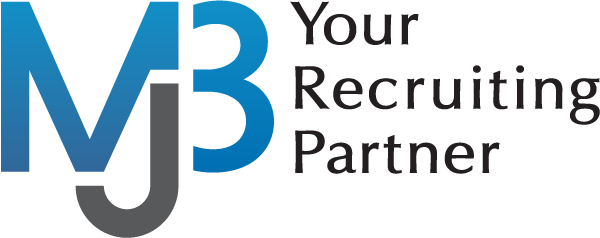The entire globe is still reeling from the collective experience of the coronavirus pandemic. For two years, we were forced to adapt to many things extraordinary. More time at home. More time away from family and friends. Life came to a sudden halt and then lingered from uncertainty to cautiousness. For some, work continued but at home while others found themselves on the frontline of the pandemic.
According to the Kaiser Family Foundation, 4 in 10 adults experienced negative impacts on their mental health during the pandemic. As we emerge from the pandemic and back into normal routines, we should take more time to pause and reflect on our mental health needs.
May is National Mental Health Awareness month and the pandemic has given us an opportunity to break down the negative stigmas associated with mental health because of our recent shared experience. Statistics show that 1 in 5 adults will struggle with mental illness during their lifetime, but we often don’t talk about the ways in which it affects both our personal and professional lives. Instead, the stigma keeps us silent. When Jane Pauley was diagnosed with bipolar disorder in her mid-40’s, her physician suggested she tell her employer that she was diagnosed with a thyroid condition instead. So how can we breakdown the shame around mental health? It begins with education.
The National Alliance on Mental Illness (NAMI) is the largest organization in the country dedicated to raising awareness of mental health issues through research, advocacy, services and educational programs. One such program is called, In Our Own Voice , where people lean into their mental health journeys and share their lived experiences. These presentations invite others into the conversation and aid in destigmatizing what we think we know about mental health. Another powerful program, Personal Stories invites participants to share their stories with others to remind us that we are not alone. If you’d like to learn more about NAMI’s mission and programs, visit www.nami.org.
Another tool many of us have at our disposal are Employee Assistance Programs (EAP). Ninety-five percent of employers have some type of program that offers a combination of counseling services and well-being classes. From telehealth counselors, gym membership reimbursement to mindfulness classes, these benefits can help reduce the stressors many of us face. Employers can also encourage daily practice of mental health breaks or even offer mental health days as part of their benefit offerings.
